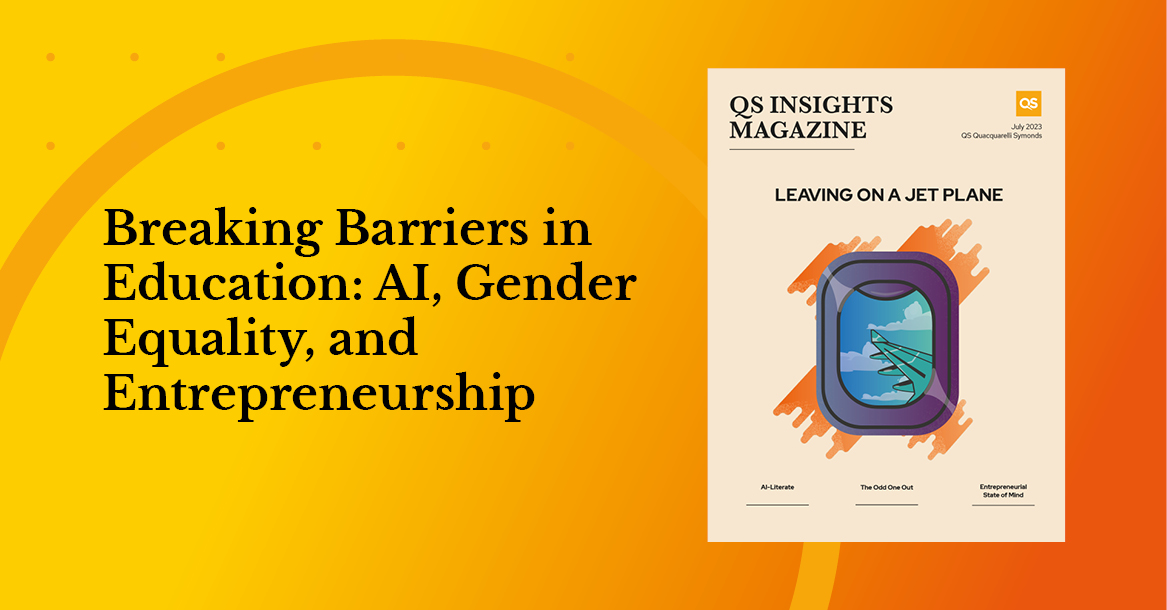The Chinese government has decided to hold the gao kao – the national university entrance exam – in July. This decision to reinstate the exam is a sign the government expects the country to be business as usual come the summer, following weeks of lockdowns due to the Covid-19 pandemic.
Although this is a positive move, the government is still being cautious for the future. Beijing’s capital and Hubei Province – where Wuhan is located – have not yet had gao kao sessions confirmed for July.
The exam has been postponed by about a month from its original date in June, and will now be held on 7 and 8 July in most parts of the country. A record high of 10.71 million students are expected to sit the in-person test.
High schools in China have been closed since February, so news of the exam may be a shock to the system for some. Many parents and educators across East Asia are uncertain as to whether students in affected virus-hit areas will be prepared, both academically and emotionally.
These concerns are particularly felt in areas of mainland China where both economically and geographically disadvantaged students will fall further behind in this year’s gao kao.
Exam prep courses are available online of course, but China’s internet penetration rate is only 60 percent – substantially lower than most developed countries – further disadvantaging lower-income families or those living in remote areas who likely won’t have access to unlimited internet services, or even fast-running systems.
Unlike many end-of-school tests in other countries across the globe, the gao kao is run by the Chinese government, rather than a private organization – making it the most important exam Chinese students will take in their school education.
Students – just like all of us across the globe – are living and studying in unprecedented times, needing to adjust their skillset and learning outcomes to fit around the changing landscape. We will wait and see what happens next.






